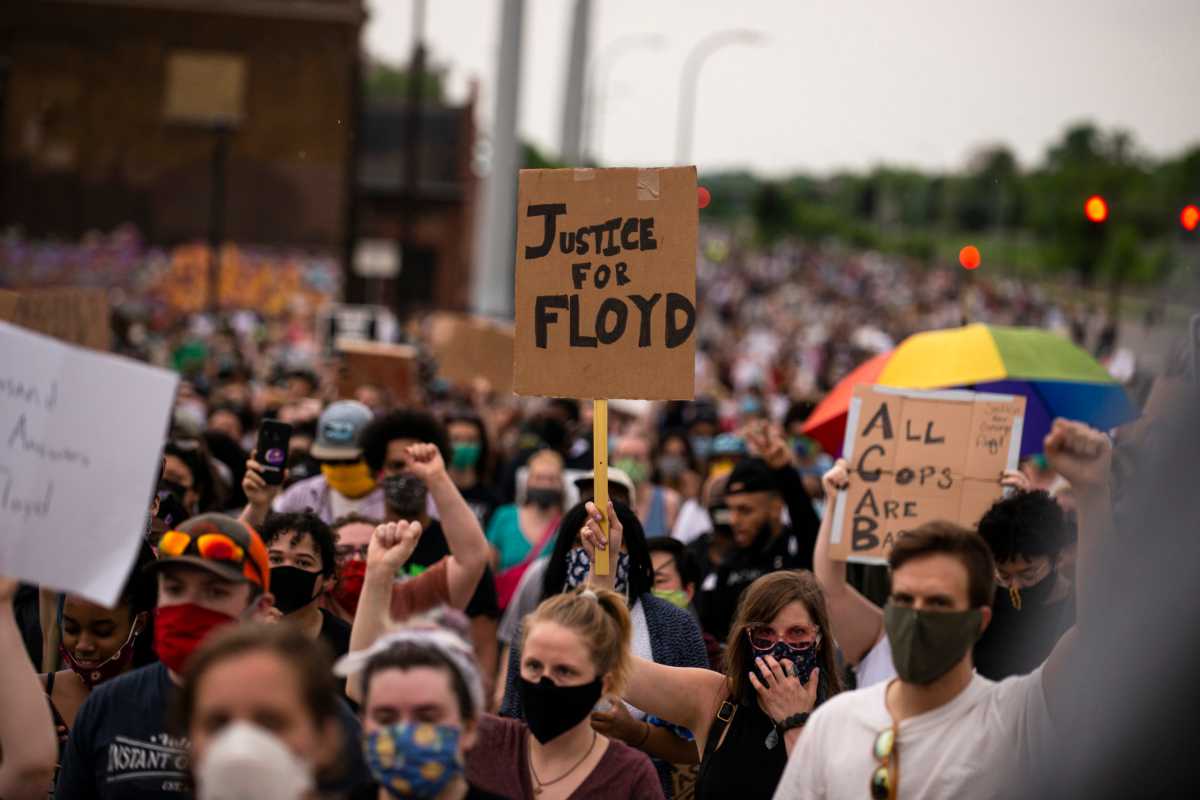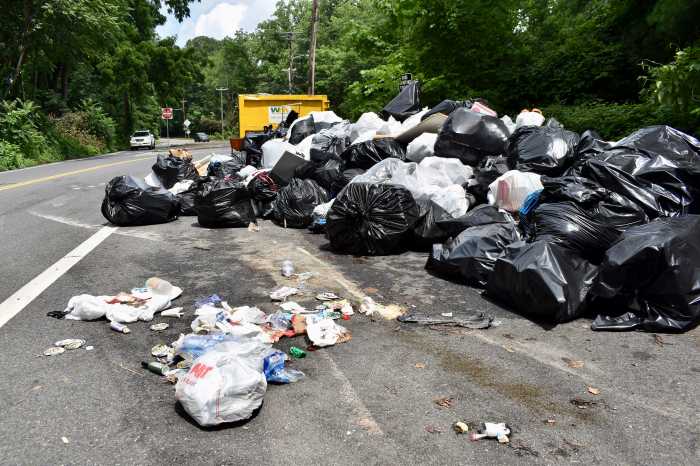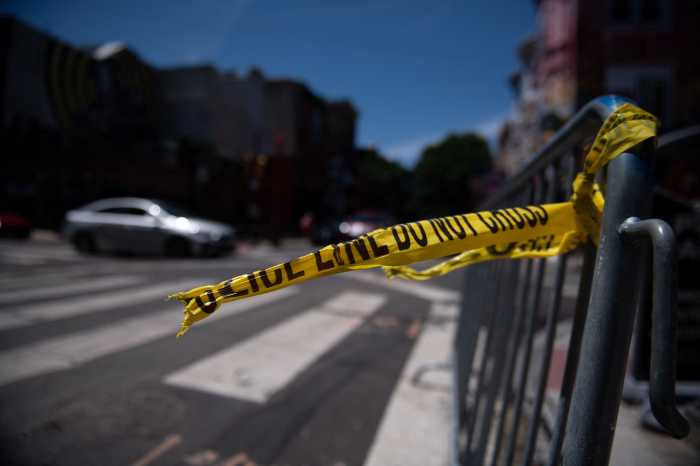By Dmitry Belyaev, MWN
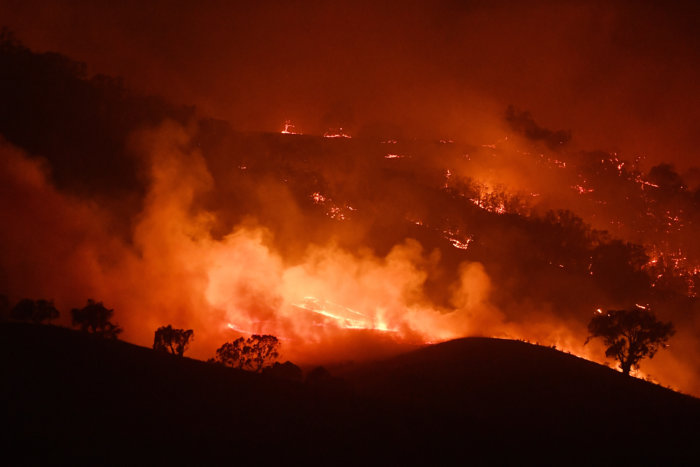
1. Australia’s bushfires
Record-breaking temperatures and months of severe drought have fueled one of the ‘worst wildlife disasters in modern history.’ According to WWF, 3 billion animals, including 2.46 billion reptiles, 61k+ koalas and almost 143 million other native mammals, were in the path of the devastating flames across the country since late 2019. The so-called Black Summer ended in May this year, affecting 80 percent of Australians.

2. COVID -19 pandemic
First identified in December 2019 in Wuhan, China, severe acute respiratory syndrome coronavirus 2 changed the world as we know it. The World Health Organization declared the outbreak a Public Health Emergency of International Concern in January and a pandemic in March. The virus has caused a social and economic disruption, including the largest global recession since the Great Depression. It has also forced remote work for many employees and led to the postponement or cancellation of events, widespread supply shortages, panic buying, agricultural disruption, food shortages, and closure of educational institutions. Not to mention xenophobia and discrimination against people from areas with high infection rates. So far, more than 79.2 million cases have been confirmed, while more than 1.75 million deaths were attributed to COVID-19.
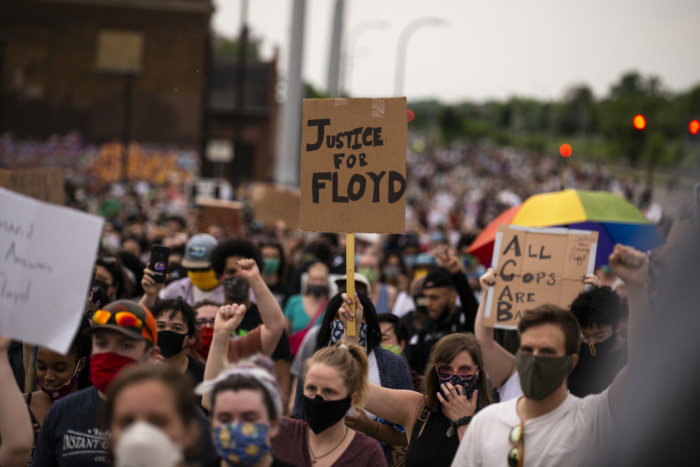
3. George Floyd’s killing
On May 25, a 46-year-old Black man George Floyd was killed in Minneapolis, Minnesota while being arrested for allegedly using a counterfeit bill. His death, followed by unrest in over 60 countries supporting Black Lives Matter movement, became the first news story to replace the pandemic in headlines, drawing global attention to systemic racism.
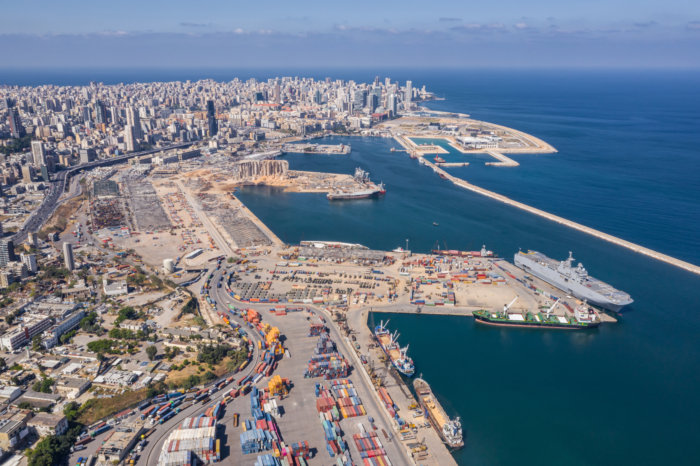
4. Beirut explosion
On Aug. 4, 2.750 tonnes of ammonium nitrate (equivalent to around 1.1 kilotons of TNT) stored without proper safety measures at the port of the city of Beirut, Lebanon, exploded, causing at least 204 deaths, 6.5k injuries, and $15 billion in property damage, and leaving an estimated 300k people homeless. The blast was felt in several countries, including Turkey, Syria, Israel, Palestine and parts of Europe. It was also detected by the U.S. Geological Survey as a seismic event of magnitude 3.3, and is considered one of the most powerful non-nuclear explosions in history.
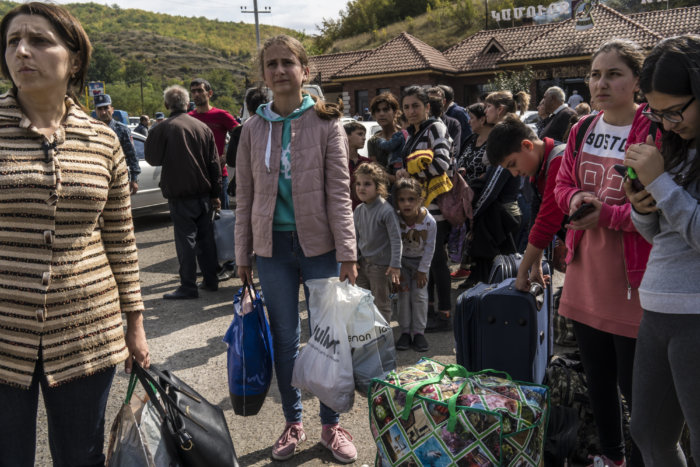
5. Nagorno-Karabakh conflict
Tensions around the disputed enclave, officially part of Azerbaijan but ran by ethnic Armenians, drew international attention in late September. The escalation caused thousands of deaths and displaced people, resulting in the ceasefire agreement on Nov. 10, by which Azerbaijan retains control over the territories it recaptured during the First Nagorno-Karabakh war.
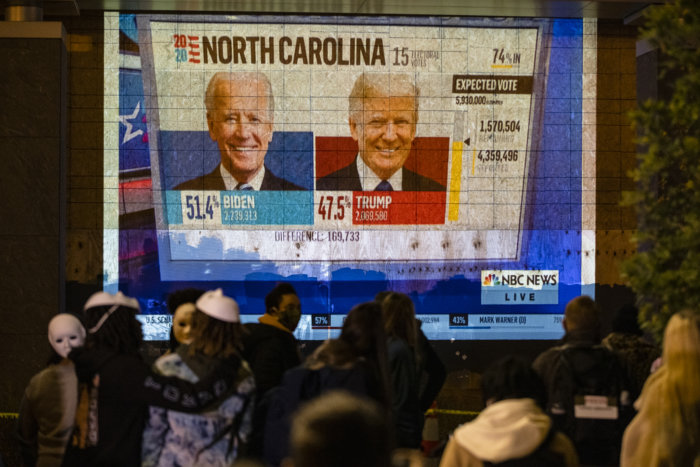
6. U.S. Presidential election
Joe Biden, former Senator for Delaware and vice president of the U.S. in the Obama administration, was elected as 46th POTUS in November. The 77-year-old won the White House race against Donald Trump, 74, who became the first incumbent president to lose re-election since George HW Bush in 1992. The Democratic ticket received more than 81 million votes, the most votes ever cast in a presidential poll, while election also saw the highest voter turnout since 1900.



